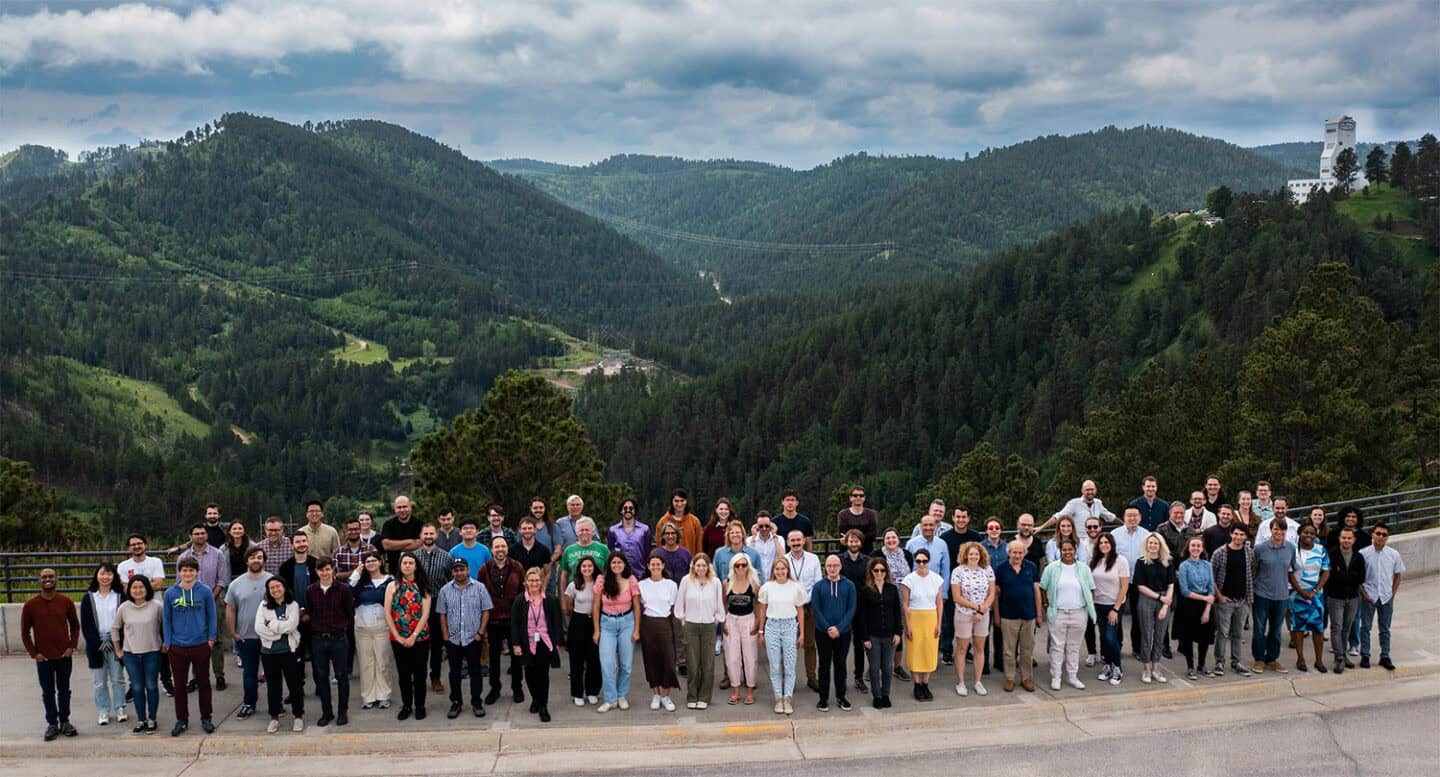Boeing said on Tuesday it aims to redo its unmanned Starliner crew capsule flight test to the International Space Station (ISS) in December or January, depending on when it completes software and test hardware production development.
If the test mission is successful, Boeing and NASA will fly Starliner’s first crewed mission in summer 2021, with a post-certification mission roughly scheduled for the following winter, the company added.
Boeing is eager for another shot at proving its crew capsule after technical failures put the aerospace juggernaut behind Elon Musk’s rocket company SpaceX, which successfully returned its rival crew capsule from the ISS earlier this month.
During Boeing’s first uncrewed test, in December 2019, a series of software glitches and an issue with the spacecraft’s automated timer resulted in Starliner failing to dock at the space station and returning to Earth a week early.
In February, a NASA safety review panel found Boeing had narrowly missed a “catastrophic failure” in the botched test, and recommended examining the company’s software verification process before letting it fly humans to space.
Earlier this month, Boeing watched from the sidelines as SpaceX’s Crew Dragon capsule splashed down in the Gulf of Mexico after a two-month voyage to the International Space Station – NASA’s first crewed mission from home soil in nine years.
© Thomson Reuters 2020
Which are the best truly wireless earphones under Rs. 10,000? We discussed this on Orbital, our weekly technology podcast, which you can subscribe to via Apple Podcasts, Google Podcasts, or RSS, download the episode, or just hit the play button below.







